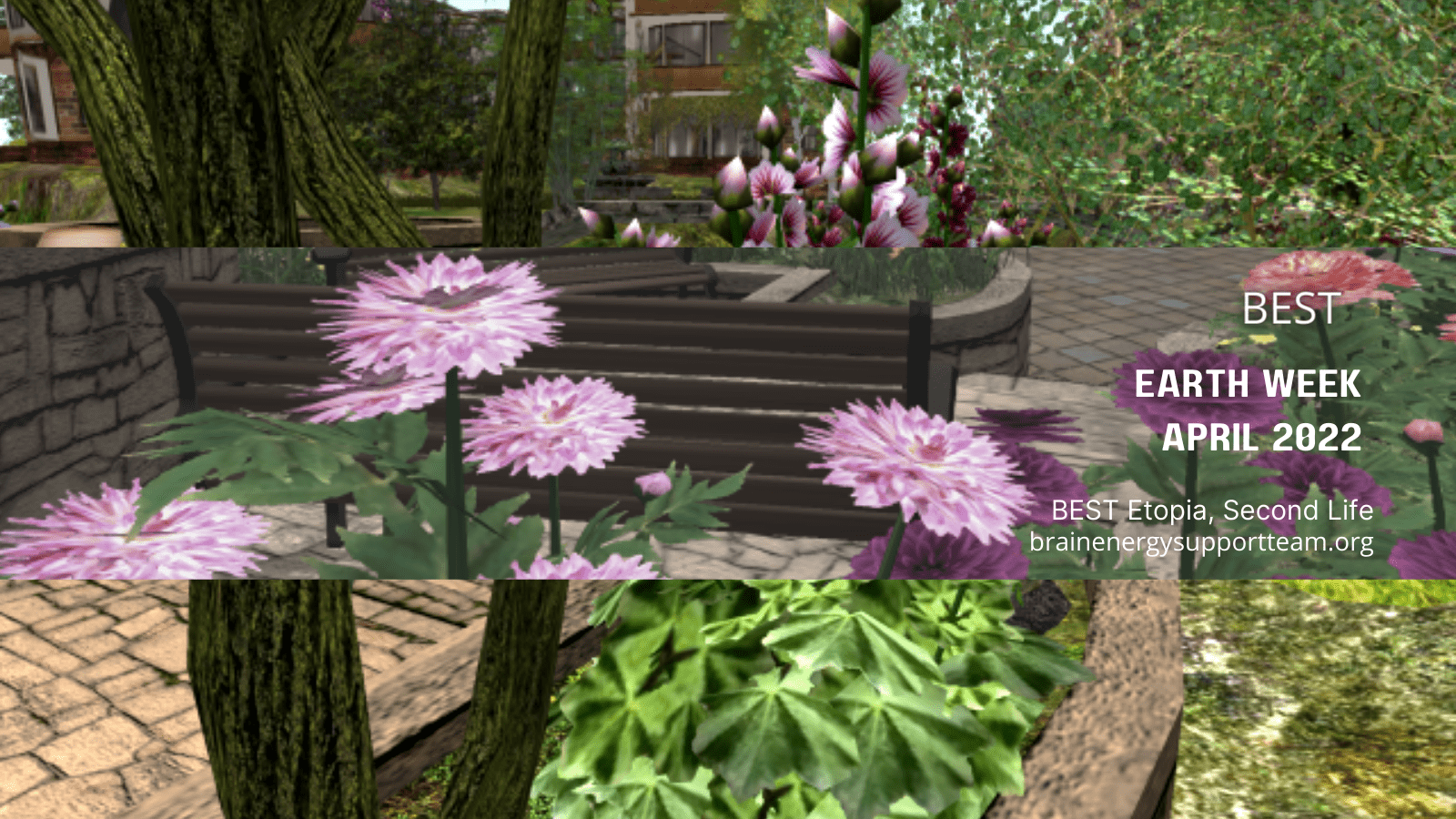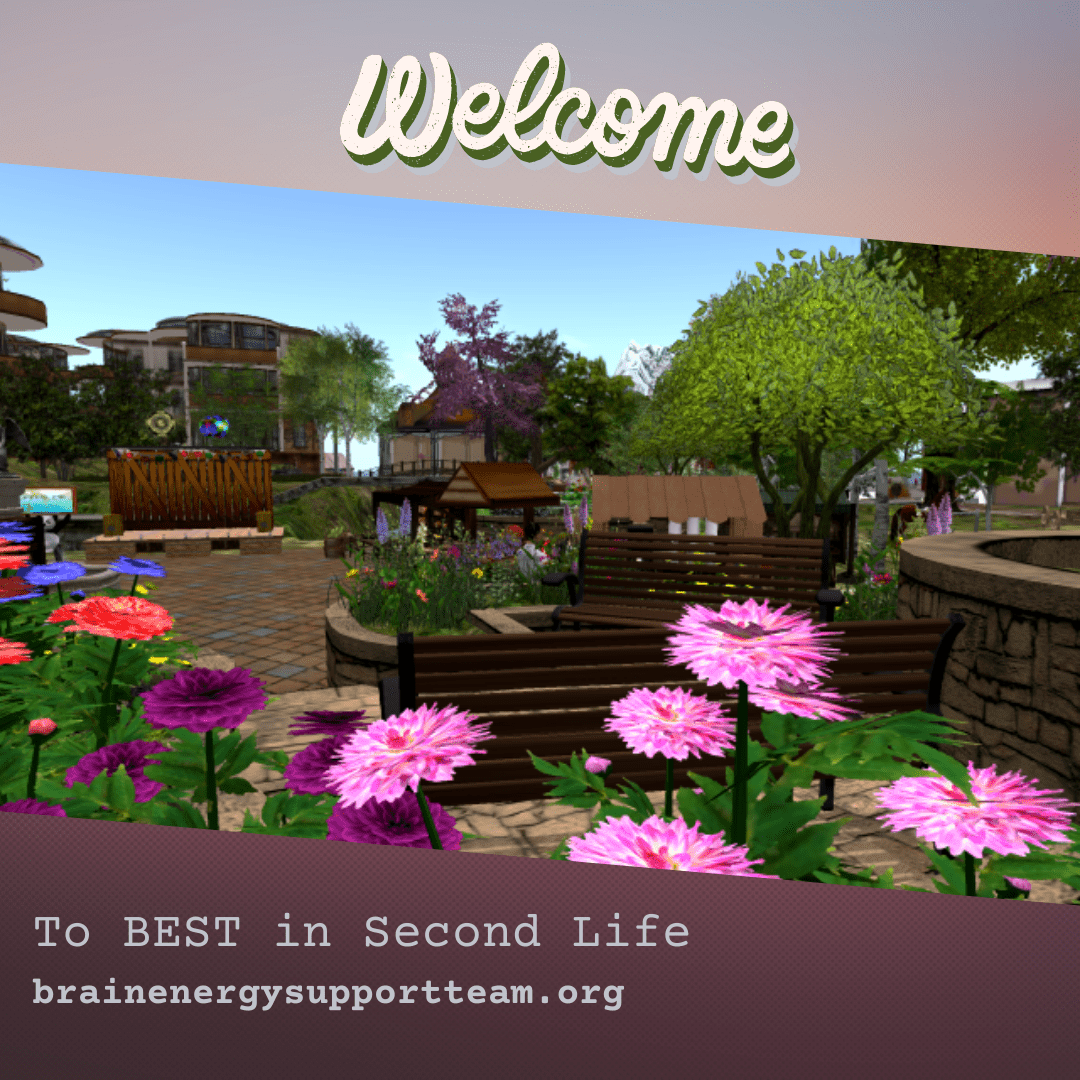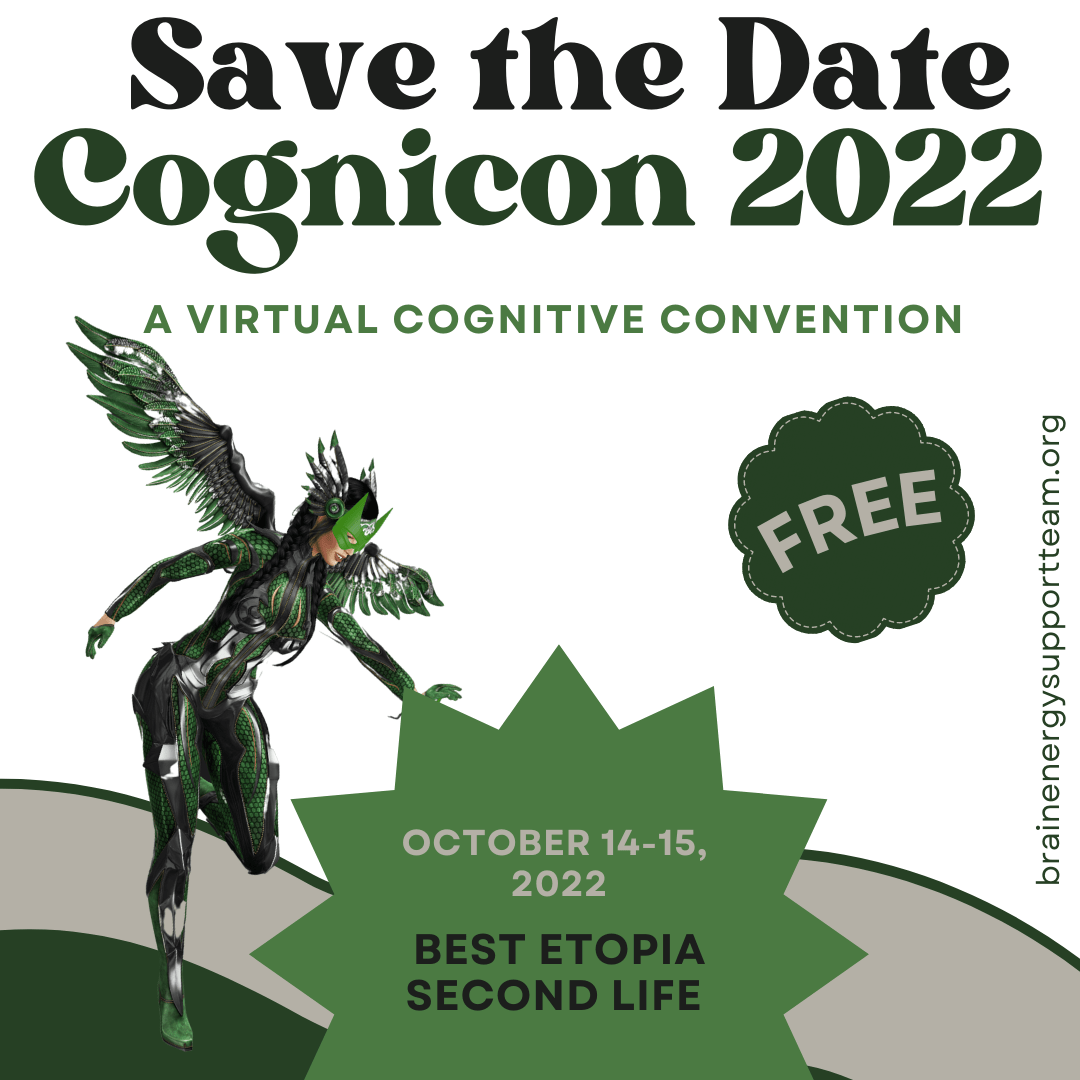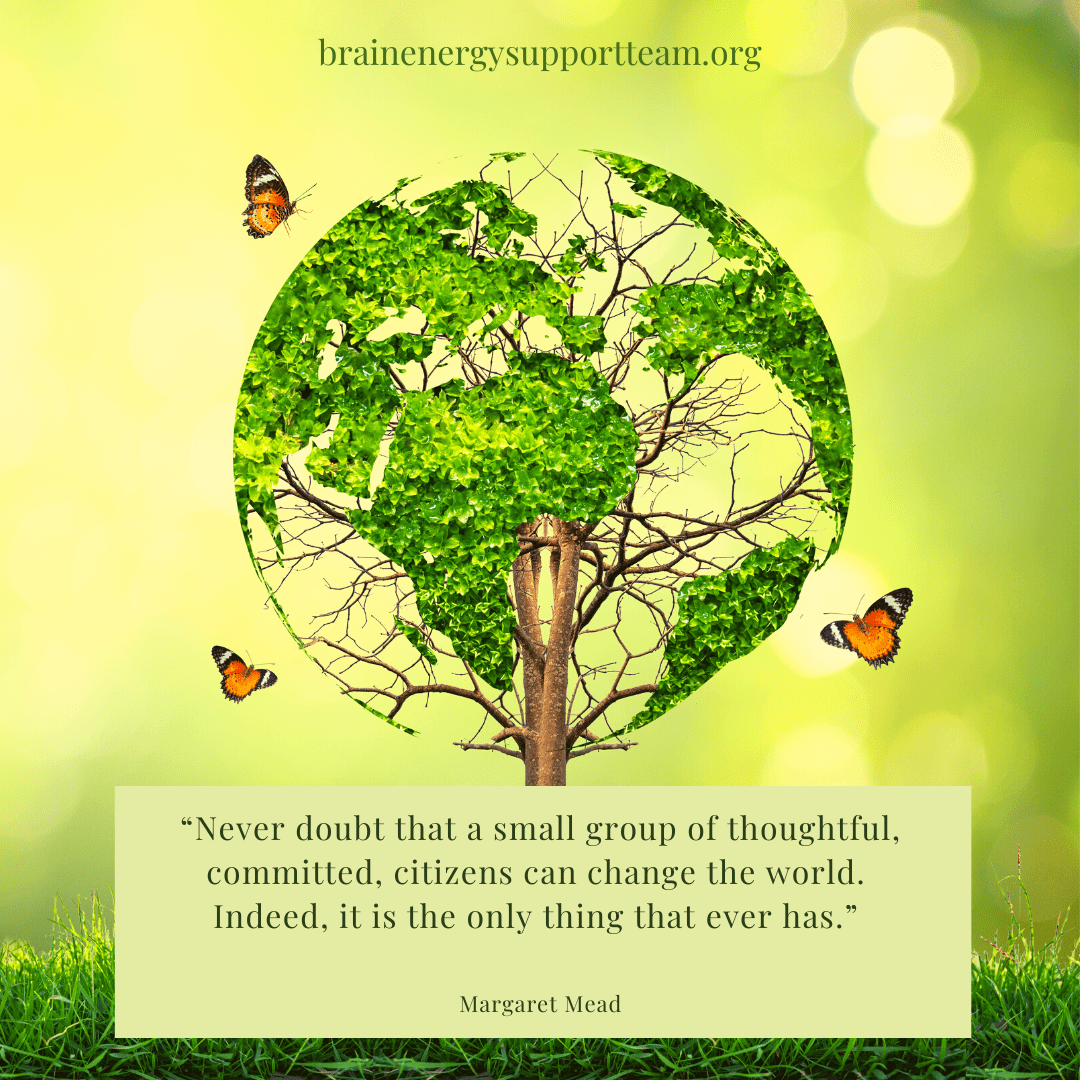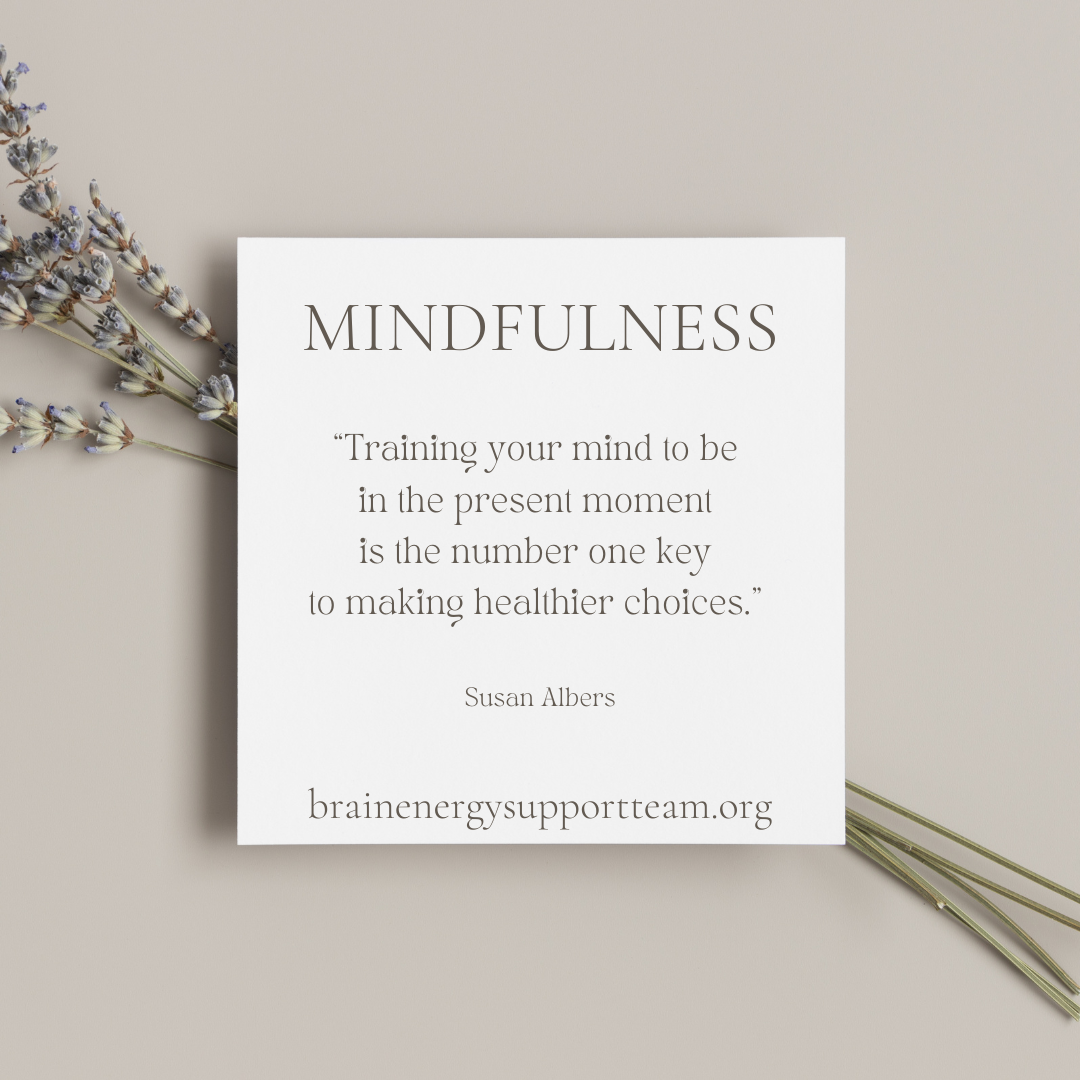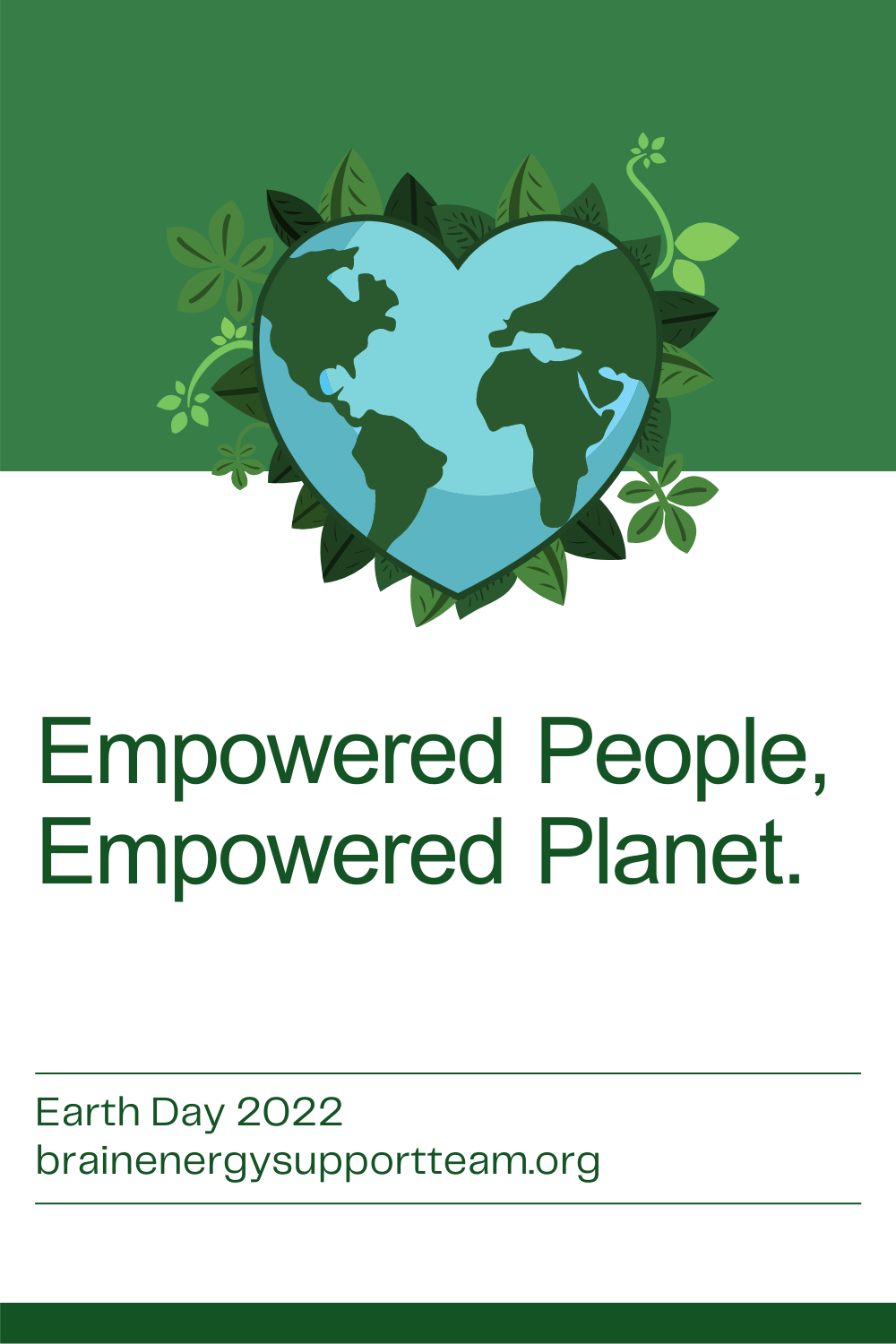We have been offering discussion groups, workshops, and presentations in Second Life since 2009 and opened our official Second Life office at Etopia in 2010.
In May of 2020 we moved all of our programming online and into our main campus; also at Etopia. Because of the restrictions the COVID-19 pandemic placed on our community BEST deepened other Second Life collaborations with long standing partners like Peninsula College in WA, Whole Brain Health in Second Life, Virtual Ability, and others. In November 2020 BEST assumed ownership of Etopia as part of our online suite of service platforms.
What’s the benefit of using a platform like Second Life for education and skills development for individuals with brain injury?
Safe Spaces For Learning & Practicing Skills
We can create situations that engage participants in scenarios within a safe environment, at their pace, with coaching and peer support. They can develop key communication skills by interacting in a situation-specific context. They can relearn transactional skills by purchasing objects or negotiating with vendors. They engage in various situational role-play activities that give participants the opportunity to practice decision-making and prioritization skills. And they engage in scenarios that help them navigate behaviors they are want to change.
Engaging in these activities reduces the anxiety of going into similar real-world situations with little or no experience.
Additionally, the scenarios can be easily and quickly modified to present new challenges or address key concerns of participants and their coaches.
Reducing Feelings Of Isolation & Depression
Many people with physical and cognitive challenges live in social isolation. The COVID-19 pandemic exacerbated an already difficult situation. Second Life offers people a chance to meet others and share in social activities they otherwise might not have. Others may have a physical impairment, and Second Life gives them the virtual experience of full mobility and freedom.
Some of our participants have shared stories of going to live concerts, theater events, shopping trips, ice skating, bike riding, and a variety of other activities that they cannot do in the real world either due to COVID restrictions or the challenges of their brain injury. “The friends I have in Second Life are real friends. It’s not a game, but a kind of social media. Better than Facebook,” Tess
Etopia hosts dances, tai chi classes, a book club, discussions on healthy living, organics, and more that BEST program participants can attend and enjoy. These activities also give our program participants a chance to engage with people outside of our BEST group.
Availability Of Resources
There are resources available to our participants in Second Life that BEST participants are encouraged to explore. For example, the MAYO Clinic in Second Life hosts virtual events on diseases for residents and even includes a bookstore. Virtual Ability hosts two annual conferences; International Disabilities Rights Affirmation Conference (IDRAC) and the Mental Health Symposium. There are PTSD programs, resources on diabetes, a region dedicated to Parkinsons, and much more.
From classes to conferences, night clubs to shopping malls, Second Life offers an array of experiences that help participants re-engage after a brain injury, learn new skills, form new friendships, and rebuild their lives.
Visit our BEST in Second Life section to learn how you can join us. Here’s a short video about Etopia.
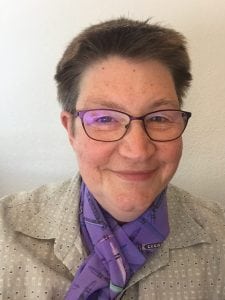 | Gloria's career as an independent nonprofit consultant, trainer, and writer spans over 30 years giving her lots to talk about. She has a deep passion for sustainability, both environmentally and organizationally. Enjoy her perspectives on life, community, development, and tales from her virtual world travels. |
|---|

